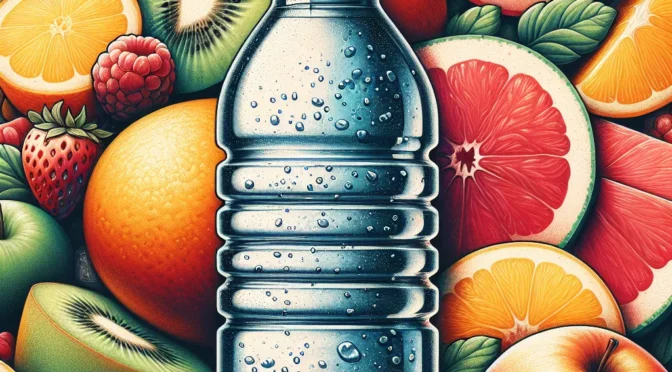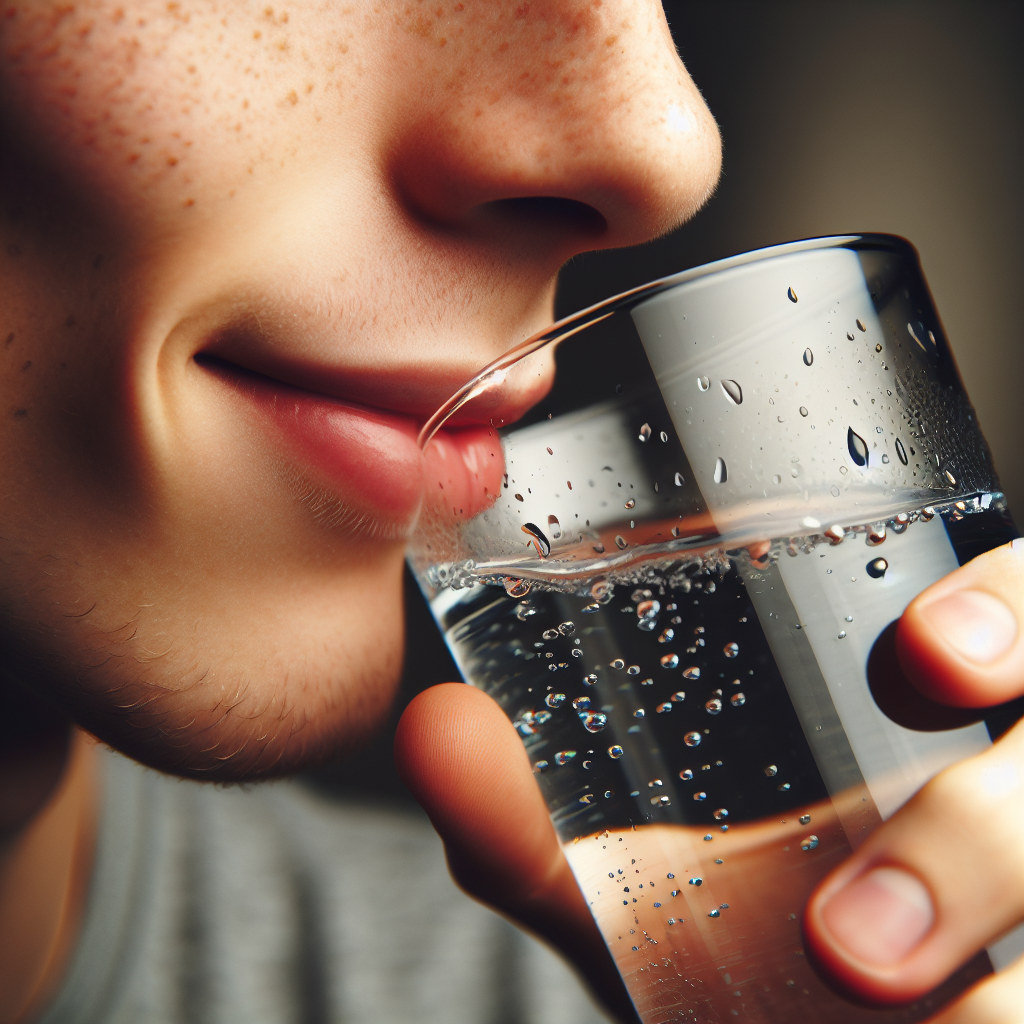Importance of Hydration for Athletic Performance
Proper hydration is crucial for athletes and active individuals looking to optimize their performance. Staying hydrated is essential for maintaining overall health and well-being, but it becomes even more critical when engaging in physical activity. The human body is made up of approximately 60% water, and even small variations in hydration levels can significantly impact athletic performance. Dehydration can lead to a decline in strength, power, endurance, and overall exercise capacity, making it essential for athletes to prioritize their fluid intake before, during, and after physical activity.
During exercise, the body loses water through sweat, leading to an increased risk of dehydration if fluid losses are not adequately replaced. Dehydration not only impairs physical performance but also hinders the body’s ability to regulate temperature, leading to an elevated risk of heat-related illnesses. It is recommended that athletes develop personalized hydration strategies based on their sweat rate, exercise duration, and intensity. This may involve consuming fluids at regular intervals and monitoring urine color to assess hydration status. Additionally, athletes should be mindful of electrolyte losses during sweating and consider consuming sports drinks or electrolyte-enhanced beverages to replenish these vital nutrients.
In conclusion, maintaining proper hydration is fundamental for optimizing athletic performance. By prioritizing fluid intake and implementing personalized hydration strategies, athletes can ensure they are adequately prepared to meet the demands of physical activity, reduce the risk of dehydration, and perform at their best.
Effective Hydration Methods for Endurance Athletes
Effective hydration is crucial for endurance athletes to maintain performance and prevent dehydration-related issues. Endurance athletes should adopt a personalized hydration strategy that takes into account factors such as sweat rate, exercise intensity, and environmental conditions. One effective method is to pre-hydrate by consuming 5-7 ml of water per kilogram of body weight 4 hours before exercise, followed by 3-5 ml per kilogram 2 hours before. During prolonged exercise, consuming 600-1200ml of fluid per hour, containing both water and electrolytes, can help sustain performance. Post-exercise, it’s essential to replace fluid losses by drinking 150% of the weight lost during exercise. Monitoring urine color and body weight can help athletes gauge their hydration status and adjust their fluid intake accordingly. By implementing these effective hydration methods, endurance athletes can optimize their performance and minimize the risk of dehydration.
Hydration Guidelines for Active Individuals
Hydration is a crucial aspect of an active individual’s performance and overall health. Proper hydration guidelines for active individuals are essential to maintain optimal physical and cognitive function. Athletes and individuals engaging in regular physical activity should adhere to specific hydration strategies to support their body’s needs during exercise and throughout the day.
Hydration guidelines for active individuals recommend pre-hydration by consuming approximately 17-20 fl oz of water 2-3 hours before exercise. During exercise, it is important to drink fluids at regular intervals to replace sweat losses. The American College of Sports Medicine recommends drinking 7-10 fl oz of water every 10-20 minutes during exercise lasting less than 60 minutes, and a sports drink containing carbohydrates and electrolytes for exercise lasting longer than 60 minutes. Post-exercise hydration is equally important, and individuals are advised to drink 16-24 fl oz of fluid for every pound of body weight lost during exercise.
It’s important to note that individual hydration needs can vary based on factors such as body weight, sweat rate, exercise intensity, and environmental conditions. Monitoring urine color and body weight changes can help active individuals assess their hydration status and adjust their fluid intake accordingly.
By following proper hydration guidelines, active individuals can optimize their performance, reduce the risk of dehydration, and support overall health and well-being.








